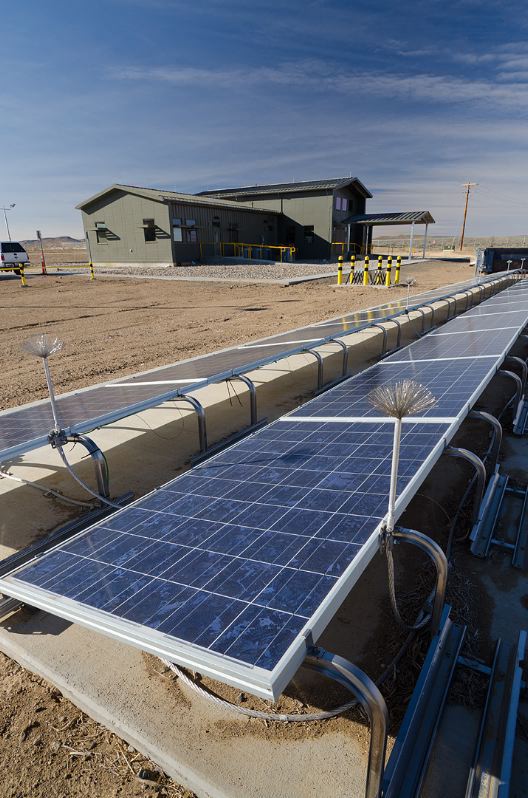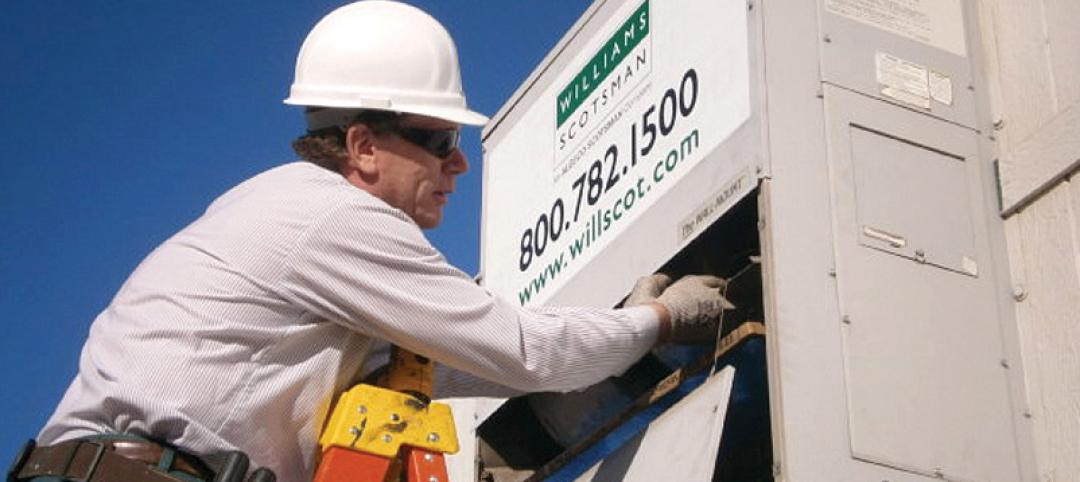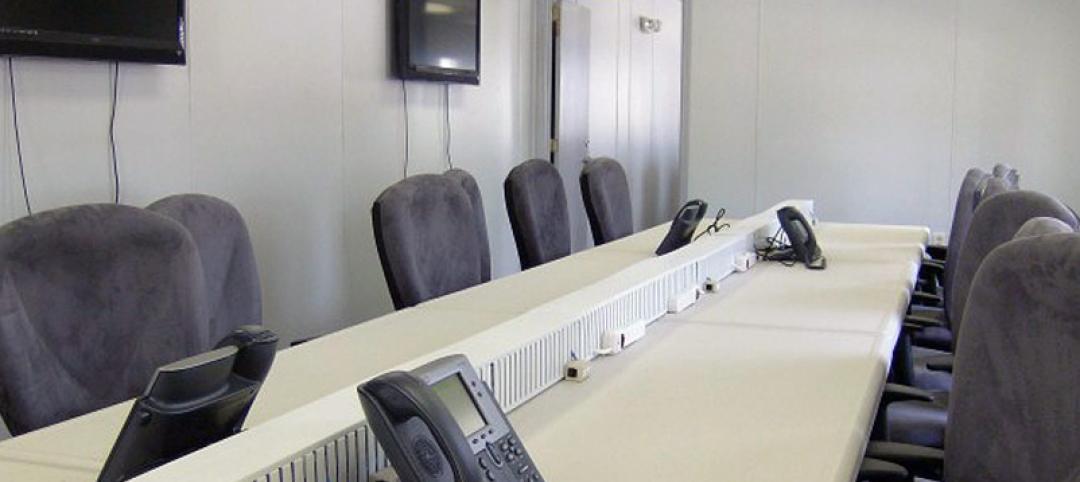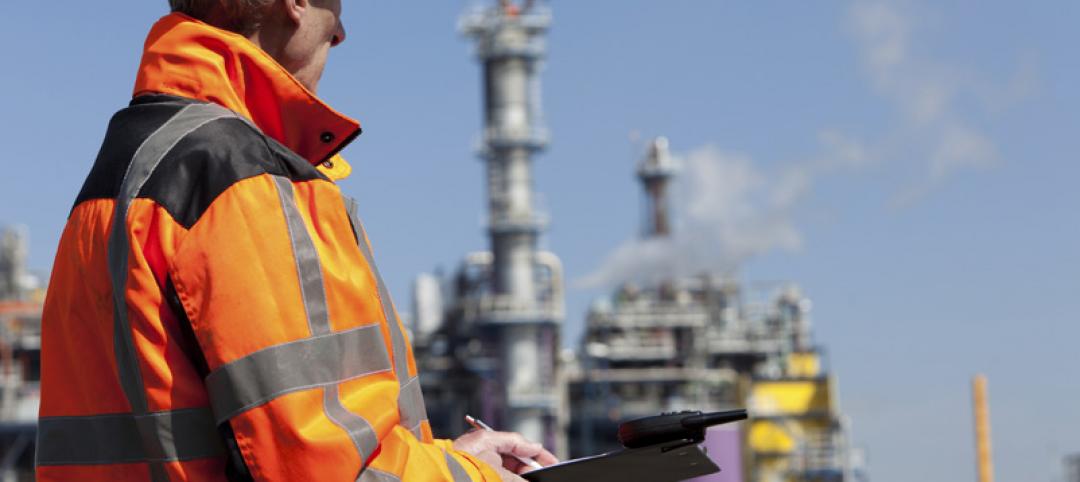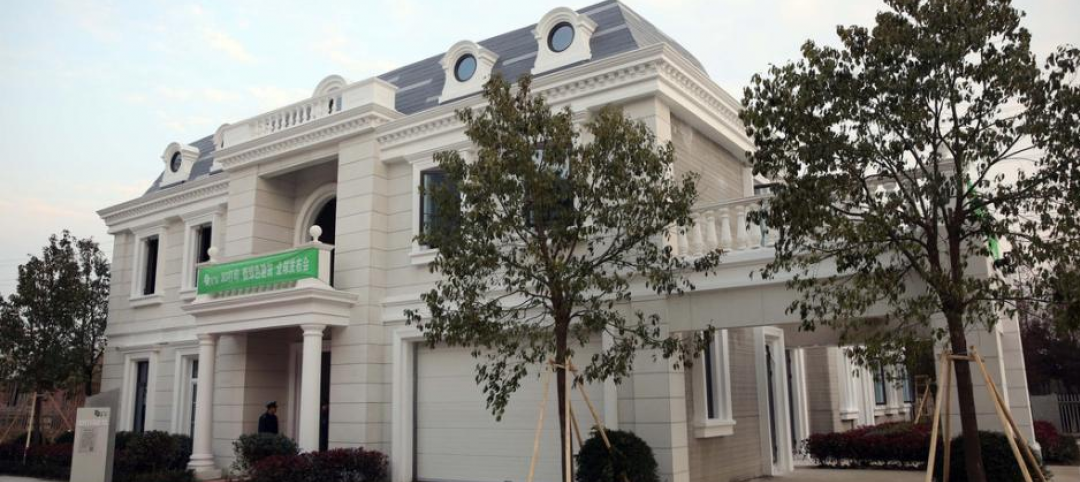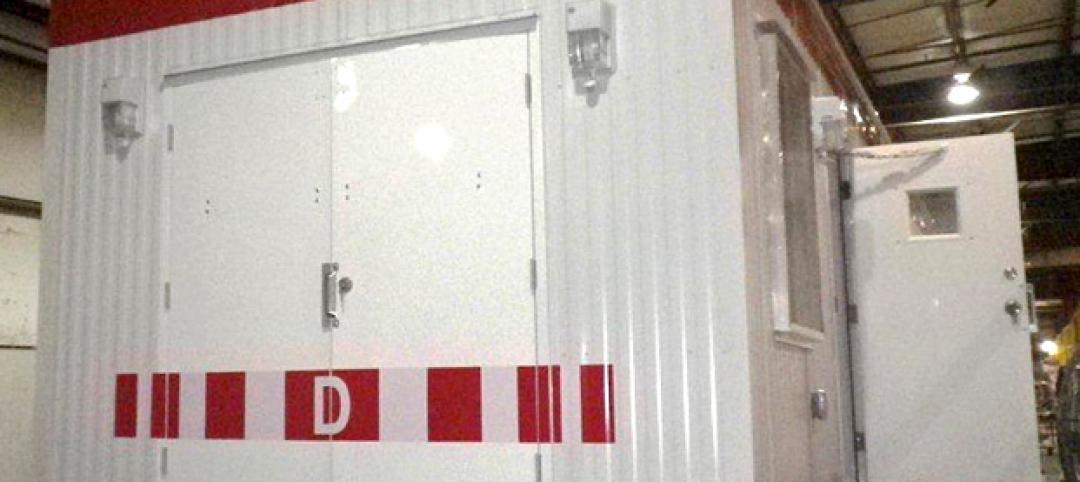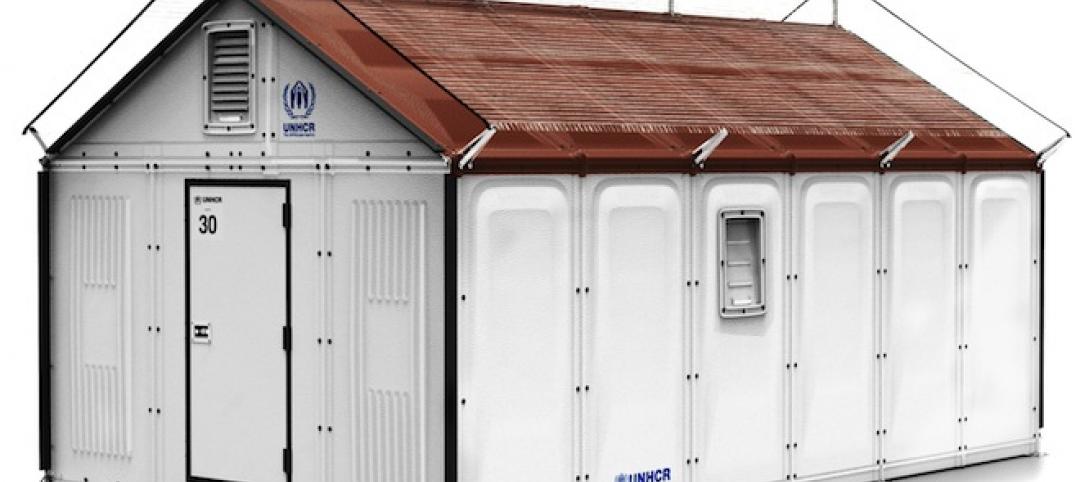Not every company can top Forbes magazine’s Most Sustainable Companies list, but we can all resolve to try to do more to protect the environment in 2015.
Sustainability is a guiding principle for Williams Scotsman and for many of our customers. As such, nearly a decade ago we developed the first sustainable modular office—called reMOD—to help companies commit to greener building footprints. Several leading general contractors continue to incorporate the innovative product line into their submissions with the United States Green Building Council (USGBC) to achieve LEED certification, while others simply use the product because they feel it’s the right thing to do for the environment.
We are committed to remaining at the forefront of the latest trends in the overall sustainability category. In fact, our director of energy services, Paul Raiford, is speaking next month at EUEC on the topic. He’ll be speaking with leaders from top renewable energy companies about the importance of working green while generating renewable clean energy. As you might suspect, green initiatives are natural complements for renewable energy projects.
Here are just a few reasons why customers in a variety of industries request the reMOD line. The innovative product offers:
• Lower energy consumption and improved efficiency
• Better indoor air quality
• Increased water conservation and resource re-use
• Improved waste management
• Greater level of sustainable material usage
• LEED credits
It doesn’t take monumental changes to go green in 2015. For example, including automatic hand dryers leads to a 90- to 95-percent cost savings over paper towels. Another easy way to go green is by upgrading to programmable thermostats, which can reduce energy consumption by 25 percent. Small adjustments go a long way with regards to sustainability and cost savings.
Since we are talking about sustainability and the energy sector, I’d be remiss if I didn’t also mention our work on an award-winning permanent modular building project. Williams Scotsman completed four modular buildings along the Ruby Pipeline a few years ago. The project is still looked upon today as an industry model for planning a pipeline in a transparent, environmentally sensitive and culturally conscientious manner. The four modular buildings were awarded LEED Gold Certification from the USGBC, as well as the notable Green Globe designation (two Globes certified), which is a widely recognized assessment and rating tool for environmentally progressive designs. You can read more about the project here.
In closing, it’s important to remember that simple adjustments can go a long, long way toward making a positive contribution to the environment.
More from Author
Williams Scotsman | Mar 30, 2015
Spring cleaning tips for modular space
Modular structure manufacturer Williams Scotsman shares seven things to do to prep modular units for the spring.
Williams Scotsman | Mar 16, 2015
Modular Space Showcase: Helping BP take command in the Gulf of Mexico
Immediate emergency response to minimize and remedy environmental damage called for temporary, modular spaces.
Williams Scotsman | Mar 9, 2015
Drilling Deeper: Eagle Ford Shale moving up despite oil prices going down
Like many other energy hotbends throughout the continent, demand for modular structures isn't decreasing with oil prices
Williams Scotsman | Mar 3, 2015
Modular construction brings affordable housing to many New Yorkers
After city officials waived certain zoning and density regulations, modular microunits smaller than 400 square feet are springing up in New York.
Williams Scotsman | Feb 23, 2015
Modular Space Showcase: Sales center brings curb appeal
The Welcome Center received rave reviews from the customer as well as community residents and potential buyers.
Williams Scotsman | Feb 17, 2015
When lava flow in Hawaii threatens a public school district, officials turn to modular
Hawaii Modular Space, a Williams Scotsman company, designed temporary classroom space for the Pahoa and Keeau schools that would become displaced due to ongoing lava flow in Pahoa, Hawaii.
Williams Scotsman | Feb 5, 2015
3D printing has people in the building and construction industry talking
How can 3D printing affect the building design and construction industry?
Williams Scotsman | Feb 2, 2015
Modular Space Showcase: Getting down to business in Alberta’s oil sands
If you work in the energy sector you’ve heard of Alberta’s oil sands. Located in Western Canada, Alberta is a province with an abundance of natural resources. Oil sands are located in three major areas of northeast Alberta spanning hundreds of thousands of miles.
Williams Scotsman | Jan 26, 2015
Modular space showcase: Powerful space solutions for Ontario’s energy future
Having access to the right workspace is important, regardless of location. A comfortable, efficient and attractive workspace can make all the difference for workers. For Hydro One Networks, an electricity transmission and distribution company based in Ontario, establishing well-equipped field offices in various remote locations was essential to success.
Williams Scotsman | Jan 5, 2015
Modular for a cause: Giving refugees much-needed space
Two years ago, the global flat-pack furniture giant IKEA tasked its philanthropic arm—the IKEA Foundation—with an important initiative. The goal was to design adequate modular shelters for people in refugee camps throughout the world. With a nearly $5 million investment, the foundation partnered with the United Nations Refugee Agency to develop and deliver secure and energy-efficient modular shelters to children and families in refugee camps around the world.

